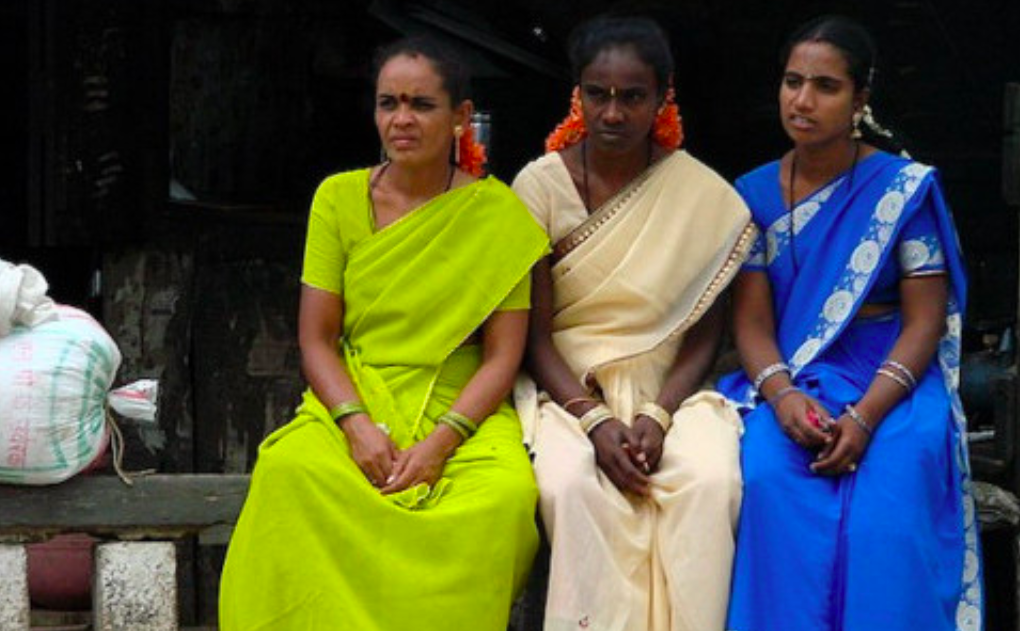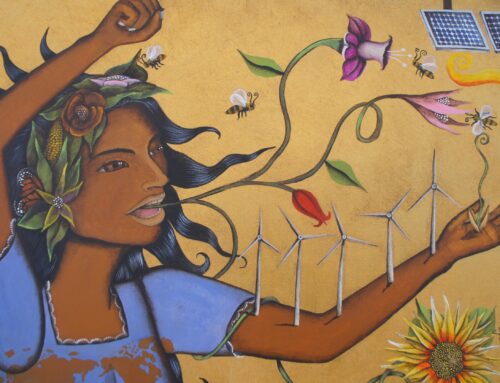Since women across Asia and Africa are often responsible for supplying their households with water, food and fuel, the path towards a sustainable world requires, in part, full gender equality. But the effects of climate change, in conjunction with natural disasters, make women’s lives that much harder. For instance, when Typhoon Haiyan hit the Philippines, a result was the increased sexual exploitation of women and girls. After Hurricane Katrina struck the United States, violence against women increased by a factor of four in Mississippi and remained high years later. Women are however continuing to pursue the ideal of a sustainable world. In Kenya, Nobel Peace Prize laureate Wangari Maathai initiated a massive tree-planting effort that became known as the Greenbelt Movement. More than 5,000 village women in Andra Pradesh, working with the Deccan Development Society, transitioned to organic farming, greatly reducing the carbon impact of agriculture. It is clear that empowering women is key to tackling climate change. Photo credit: Adam Jones







